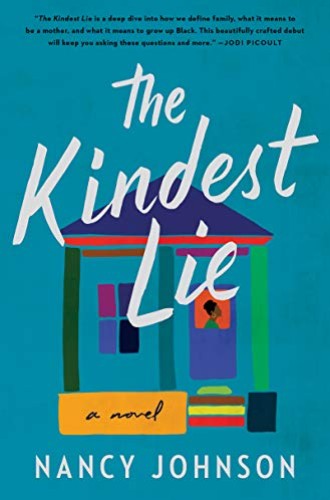The Kindest Lie is a story about race and much more
In Nancy Johnson’s debut novel, a family secret draws a successful Black woman home to small-town Indiana.
In a time when race weighs heavily on our minds and emotions, Nancy Johnson’s debut novel offers a refreshing look at two families in a factory town in Indiana—one Black, one White—whose lives are intertwined, with similarities and differences. The Kindest Lie is a tale of race in small-town America, but it is neither trite nor predictable. The narrative delves deeply into the inner lives of two sets of grandparents who raise their grandchildren, immersing readers in their struggle to address educational gaps, sacrifices, work ethics, pain, and loss.
The story’s heroes seem to be the Black family. But the story becomes more complex as the main character, Ruth Tuttle, deals with a critical secret she left behind when she left her grandparents’ home in the fictional Ganton, Indiana, to attend Yale University. She’s the inspiration for the title, which is unveiled early in the first page of the book: “A lie could be kind to you if you wanted it to be, if you let it. With every year that passed, it became easier to put more distance between her old life and her new one.”
As a successful engineer, Ruth is the pride of her family. She lives in Chicago against the backdrop of the nation electing its first Black president. But the action really takes place a few miles away in Ganton, a town that seems light-years away from Ruth’s middle-class lifestyle in the big city.





